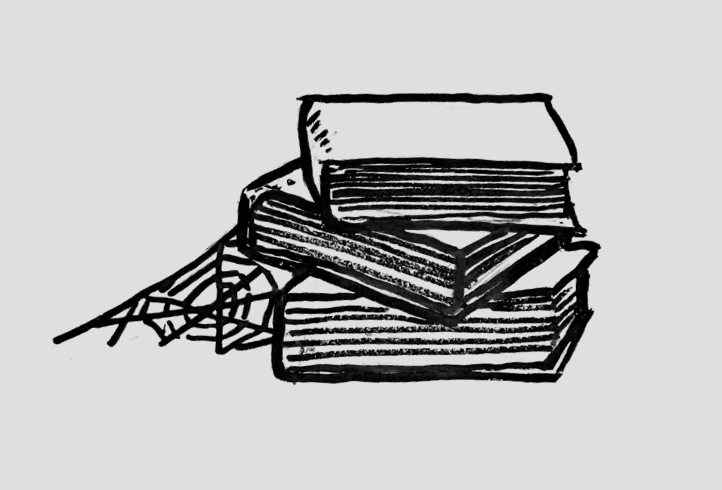
Image by Ivy Sanders Schneider

Image by Ivy Sanders Schneider
In 2008, n+1 devoted part of its “Intellectual Situation” to the New York Review Books’s then fairly new Classics line, writing that “the spirit of revival may be the spirit of an age that believes it is at the end of something, and therefore looks around for eccentric practices and goes through its backfiles for someplace to restart.” I remember chafing at the time at the pejorative, oddly squeamish implication of “eccentric practices” and the generally caustic tone of the piece as a whole, which seemed to be worried that writers would develop a tendency towards “the minor” if they absorbed this counter-canon of polished mid-century British writers too deeply. (Their concern perhaps proved well-founded when Joshua Cohen’s The Netanyahus, a brilliant pastiche of mid-century literary tropes, published by the very same NYRB, won the Pulitzer Prize for fiction this year.) But we do seem to be experiencing the spirit of revival again, perhaps less because we’re at the end of something and more because we’re still in the middle of it, caught between Trump and Covid and awaiting the unforeseeable repercussions of both. One of the most exciting new presses is McNally Editions, dedicated to publishing still more overlooked classics; Tove Ditlevsen, a Danish writer who died in 1976, is the hottest literary property north of Sally Rooney. I feel the hunger for these older books, too. My favorite writer at the moment is J.R. Ackerley, called out by name in that 2008 piece as one of the annoyingly initialed eccentrics with which the NYRB had re-burdened the world. My best reading company over the past couple of years has been found in Victor Serge, Walter Abish, Natalia Ginzburg, Susan Taubes. I’ve heard more than one editor worry out loud that some of the energy around these rediscovered gems might be more profitably spent on writers who are, you know, alive. Do we really need to talk about Shirley Hazzard again? But, like many others, I have found that in a time of constant crisis and hype, there’s something trustworthy about even the recently unburied dead.
I don’t think we’ve figured out the form and the tone with which to confront the ugliness and grief we’ve all lived through, are still living through. There have been plenty of odd, excellent books in the meantime: My Father’s Diet by Adrian Nathan West, Very Cold People by Sarah Manguso, Minor Detail by Adania Shibli, to name a few. It’s probably not a coincidence that elders like Gary Indiana, John Edgar Wideman, Vivian Gornick, and Sigrid Nunez come up in conversation and critical discourse as much as they currently do. We’re looking for writers who have found ways to write through hard political and moral weather, who haven’t sugarcoated how dire things are but also haven’t resorted to melodramatic despair. Most of the writers in my life just want to find a way to keep working amidst “all this”: the consolidation of the publishing industry, the adjunctification of the universities, the malaise of aesthetic timidity at loose in the world, and, yeah, the threat of actual death from disease or from a reanimated and bloodthirsty right-wing putsch.
But I dunno: what did you think of Crossroads?
Andrew Martin is the author of the novel Early Work and the story collection Cool for America.